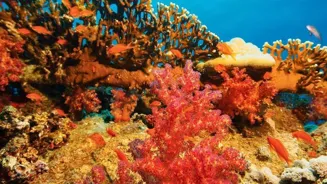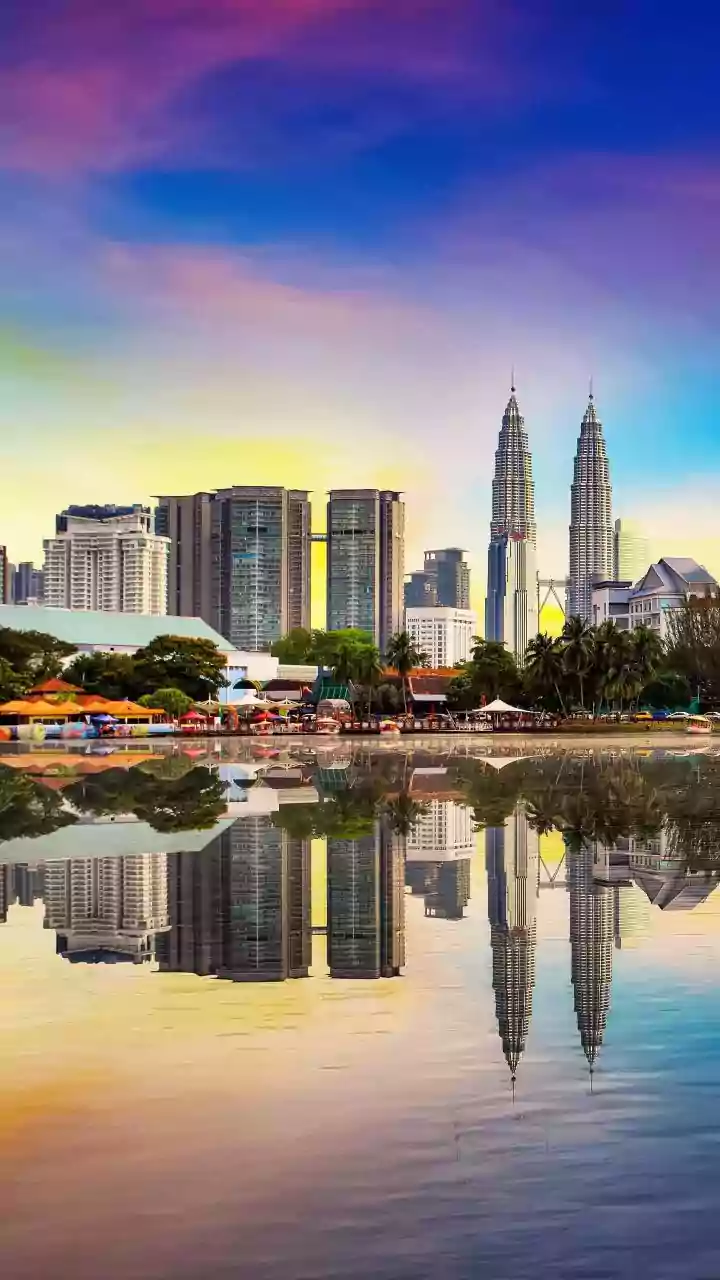Unveiling the Enigmatic Coral Reefs of the Indian Ocean - Explore the vibrant ecosystems crucial for marine life
The Indian Ocean, a vast expanse of water bordering India, is not just a shipping route or a source
of livelihood for fishermen. It holds secrets within its depths, vibrant and bustling ecosystems called coral reefs.
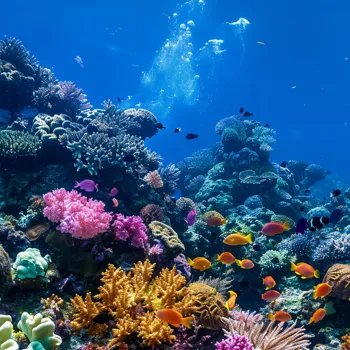
Often referred to as the "rainforests of the sea," these underwater paradises are crucial for marine biodiversity and play a significant role in coastal protection. Let's take a closer look at these fascinating habitats and understand why their conservation is so important.
Coral reefs support diverse marine life in Indian Ocean
Coral reefs are built by tiny animals known as coral polyps. These creatures secrete a hard calcium carbonate skeleton, which over time, accumulates to form the complex structures we see as reefs.
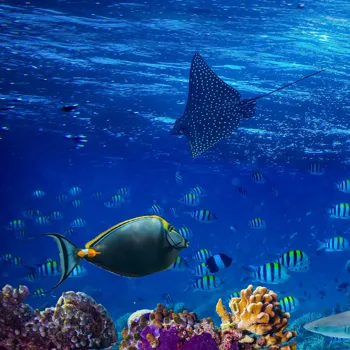
These structures provide shelter, breeding grounds, and feeding areas for a multitude of marine species. From colorful fish to sea turtles, crustaceans to mollusks, coral reefs are teeming with life, contributing significantly to the overall biodiversity of the Indian Ocean.
They support livelihoods through tourism and fisheries.
Indian Ocean coral reefs in diverse regions hold unique beauty
The Indian Ocean boasts a rich diversity of coral reefs, scattered across its various regions. The Lakshadweep Islands, an Indian archipelago, are ringed by stunning atoll reefs. The Gulf of Mannar, situated between India and Sri Lanka, is home to a diverse array of coral species.
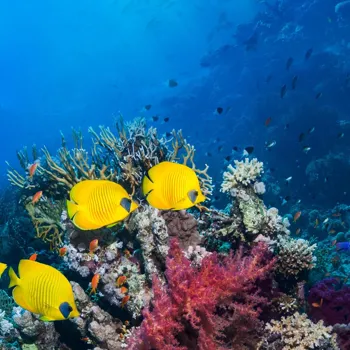
Further south, around the islands of Maldives, Mauritius and Seychelles, expansive reefs create underwater landscapes of unparalleled beauty. Each region has its unique characteristics, shaped by local environmental conditions and geological history.
Coral reefs face threats from climate change and pollution
However, these precious ecosystems are facing numerous threats. Climate change, with its rising ocean temperatures and acidification, poses the most significant challenge.
Warmer waters cause coral bleaching, where corals expel the algae living in their tissues, leading to their eventual starvation and death.
Pollution, stemming from land-based activities such as agriculture and industrial discharge, introduces harmful substances into the marine environment, harming coral health. Destructive fishing practices like dynamite fishing further decimate coral reefs.
Conservation efforts in Indian Ocean for coral reefs
Recognizing the importance of protecting these vital ecosystems, conservation efforts are underway across the Indian Ocean region. Marine protected areas, where fishing and other activities are regulated, are being established to safeguard coral reefs.
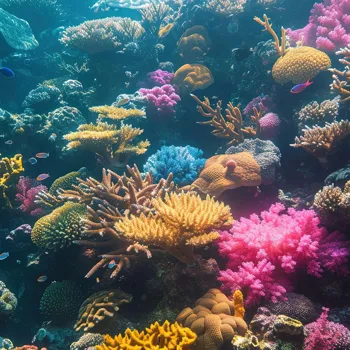
Coral restoration projects, involving the transplantation of coral fragments to degraded areas, are helping to revive damaged reefs. Sustainable tourism practices, which minimize the impact of tourism on coral ecosystems, are being encouraged.
Increased awareness about the importance of coral reef conservation is essential.
Preserving coral reefs safeguards biodiversity and community livelihoods
Protecting coral reefs is not just about preserving biodiversity, it's also about safeguarding the livelihoods of communities that depend on them. Healthy reefs support fisheries, providing food and income for local populations.
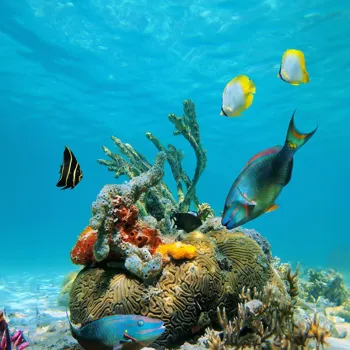
They also act as natural barriers, protecting coastlines from erosion and storm surges. By understanding the importance of coral reefs and taking action to protect them, we can ensure that these underwater treasures continue to thrive for generations to come.
